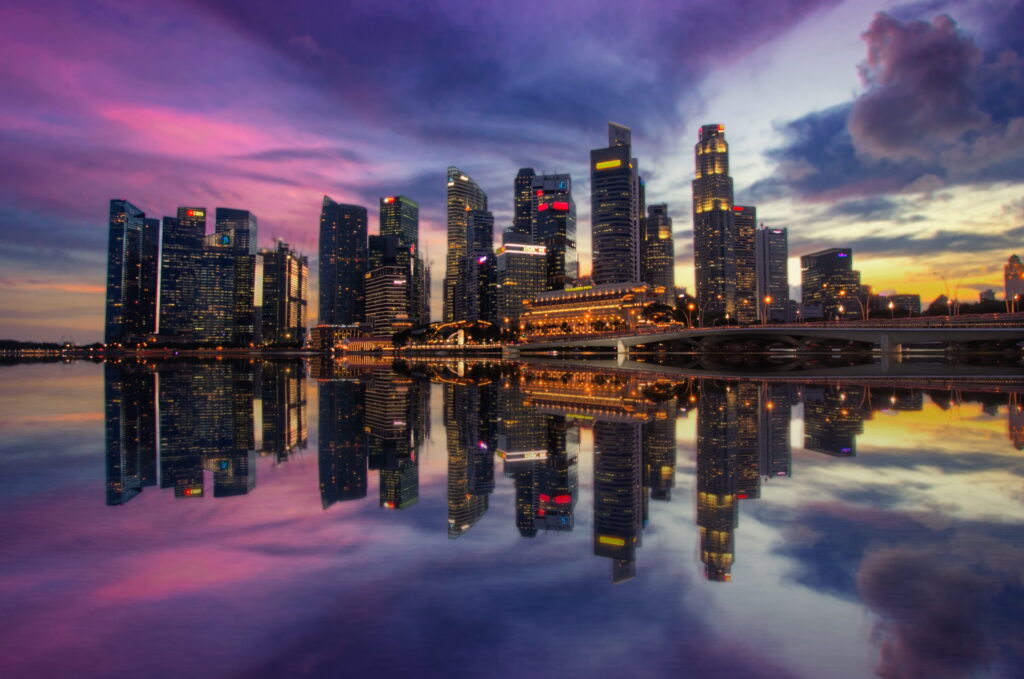
“Singapore Marina Bay Sunset”
Image by PickPik
As cities expand at unprecedented rates, particularly in Asia and the Pacific, urban leaders face mounting challenges requiring bold, innovative solutions. The World Economic Forum article, Shaping Cities of the Future to Be Inclusive, Sustainable, and Resilient, delves into how visionary city leadership and transformative urban governance can address rapid urbanization, climate change, and social inequality.
Urbanization Pressures and Environmental Challenges
Urbanization is a double-edged sword: it drives economic growth but also exacerbates resource strain, carbon emissions, and infrastructure deficits. By 2050, Asia-Pacific cities alone will house an additional 1.2 billion people, significantly increasing pressures on public services and the environment. Many cities, particularly in developing nations, struggle to provide basic needs like clean water, energy, and housing, while climate-induced disasters further amplify vulnerabilities.
Cities like Karachi and Bangkok are rising to the occasion, adopting innovative, scalable strategies to mitigate these issues. Karachi’s green infrastructure projects aim to improve living conditions for displaced and vulnerable populations, while Bangkok employs an open-government approach to foster citizen trust and engagement in green urban transformation.
Technology and Collaboration in Urban Governance
Digital technologies emerge as pivotal tools in building future-ready cities. Predictive analytics in Dhaka have enabled early-warning systems for climate risks, while Yokohama integrates digital solutions to reduce emissions and enhance citizen participation. Singapore’s Smart Nation initiative sets a benchmark for urban innovation, leveraging IoT and autonomous transport to improve mobility and sustainability.
However, the article stresses that technology alone is insufficient. Collaborative governance—uniting local governments, communities, businesses, and civil society—is essential for tackling complex urban issues like poverty, inequality, and environmental degradation. This synergy not only facilitates inclusive decision-making but also unlocks financing opportunities critical for scaling solutions.
Cultural contexts play a significant role in shaping urban strategies. In Asia, where population density and social structures are distinct, cities like Dhaka and Bangkok prioritize community-centric approaches that address vulnerabilities unique to informal settlements. Conversely, Yokohama and Singapore reflect how advanced economies can integrate cutting-edge technologies to complement traditional urban planning. These cultural nuances underscore the importance of tailoring strategies to local needs while fostering globally relevant innovations.
A Call for Visionary Leadership
The article concludes with a compelling call for visionary and collaborative leadership. Leaders must embrace long-term, transformative thinking to create cities that balance growth with equity and sustainability. By integrating digital tools, fostering inclusivity, and addressing climate resilience, cities can become not just functional but truly livable for all.
For more insights, read the full article: Shaping Cities of the Future to Be Inclusive, Sustainable, and Resilient.

